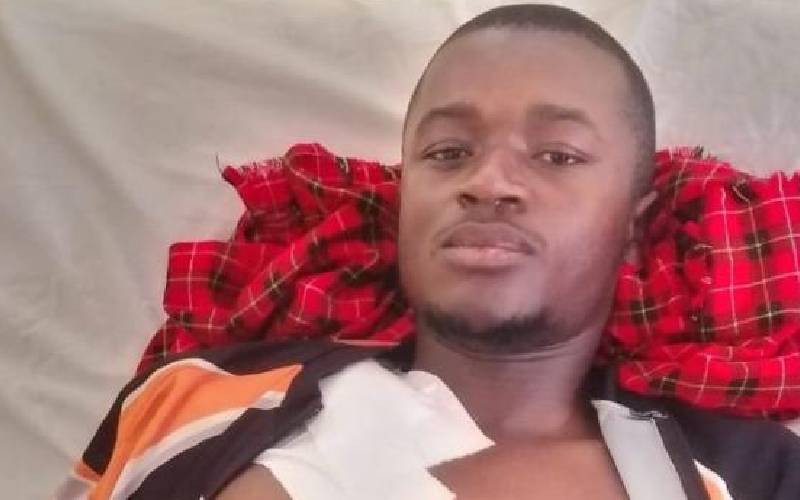×
The Standard e-Paper
Fearless, Trusted News

For four days, Livingston Mukoya, 25, endured pain from a broken collar bone in the surgical ward at St Elizabeth Hospital, Mukumu in Kakamega County.
He sustained the injury after a huge rock fell on him while prospecting for gold inside a gold mine in Lirhembe, Kakamega County on December 23, 2024.